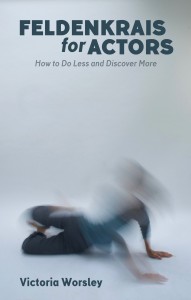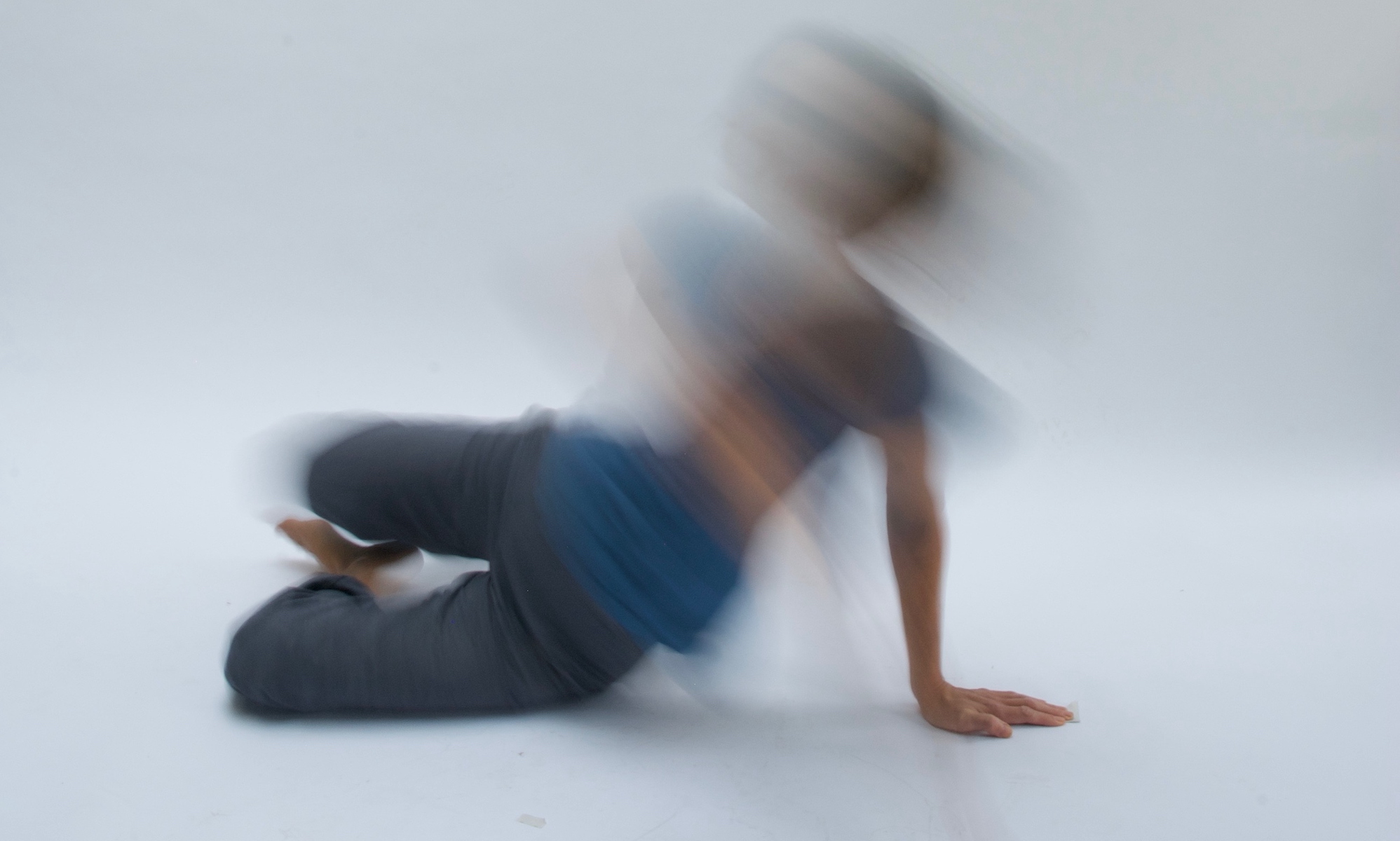“Moshe Feldenkrais has studied the body in movement with a precision I have found  nowhere else.”
nowhere else.”
Peter Brook (theatre and film director)
– NEW! I am growing a special page of FREE audio recordings for actors – take a look at the current lessons
– My book ‘FELDENKRAIS FOR ACTORS’ published by Nick Hern Books is available at a discount here
–Want to keep up with what I am doing? Join my mailing list
– Look out for any up-coming workshops for actors on my schedule page
I work in three ways:
1) as a Movement Coach/Feldenkrais Teacher for professional actors at any stage of their career
2) as a Movement or Feldenkrais Teacher in drama schools or with theatre companies.
3) as a Movement Director whose understanding is simply informed by Feldenkrais.
Benefits and Importance
The Method can help an actor or performer:
- discover and explore their own unique habits and patterns of movement that they bring to any part without awareness.
- be upright more easily,
- improve their breathing,
- find greater freedom in their voice,
- move with greater ease and grace and have a greater range of possibilities
- recover from or reduce the likelihood of injury or chronic pain.
- keep a better range of movement for longer in later years.
However there are many other more profound and very interesting aspects to
engage performers/actors at every stage of their careers which I have written
about in detail in the article you can find at the link – and indeed my new book. They include:
- observe patterns of movement in others as well as themselves to increase range, detail and depth in developing characters
- increased sensitivity and awareness
- a more open and fluid connection to self and others
- better spacial awareness
- being more present and ready ‘in the moment’
- a clearer sense of how being grounded’ feels
- finding out how to do less and ‘be’ more – not try too hard and get in their own way
I have written about it in more detail here: Further Reading
also see:
– my book: “Feldenkrais for Actors”
– my chapter on “A Sense of Safety” about how the Polyvagal Theory might help explain Complicite in this volume of essays: “The Feldenkrais Method in Creative Practice”
– posts/articles on aspects of feldenkrais for acting on my BLOG on the home page: www.feldenkraisworks.co.uk (scroll down and click on the acting section).
– Free audio recordings for actors – take a look at the current lessons
Ways of Working with me
I am really open to Ideas. However at the moment my work tends to include:
- One-to-one sessions with professional actors on an individual basis to look at the movement for a specific role. This could be to do with playing multiple characters who need differentiating or a character from a specific community or period or with an injury or condition or of a different age – or just a stretch from the actor’s usual mode! Actors often get very little input in TV and film so this can be very helpful in that context or for a bit of extra in preparation for a demanding play.
- As above but within the context of rehearsal at the invitation of a theatre or company. These session may include Functional Integration or Awareness through Movement and go beyond or may be only inspired by Feldenkrais in ways to fit the task required.
- One-to-one hands-on Feldenkrais sessions (Functional Integration) with professional or student actors (in and outside Drama schools) to address more fundamental issues to do with movement, posture, breathing, physical aspects of voice, or the impact of an injury or chronic pain that they may wish to address for their professional development or continuing health at any stage of their career.
- Workshops for emerging and experienced actors at any stage of their career at eg The Actors Centre, Shapes in Motion and with John Wright on themes such as power, presence, playfulness and ease using Awareness Through Movement as a central part of the work.
- Research projects with performers of any kind who wish to explore the possibilities of working with the Feldenkrais Method.
- Feldenkrais (Awareness Through Movement) group classes for drama schools to address posture, presence, movement skills, breathing and physical aspects of voice.
- Movement classes for drama schools that may include Feldenkrais but also Laban, neutral mask, Michael Chekhov and other teaching methods and ideas to work with specific themes for the term as required. (also movement support for drama school productions)
